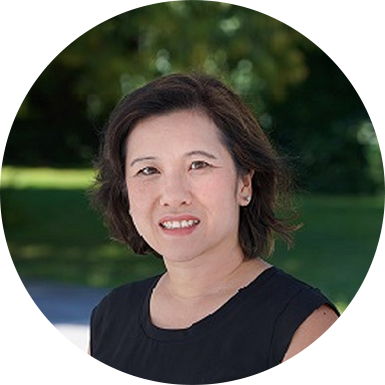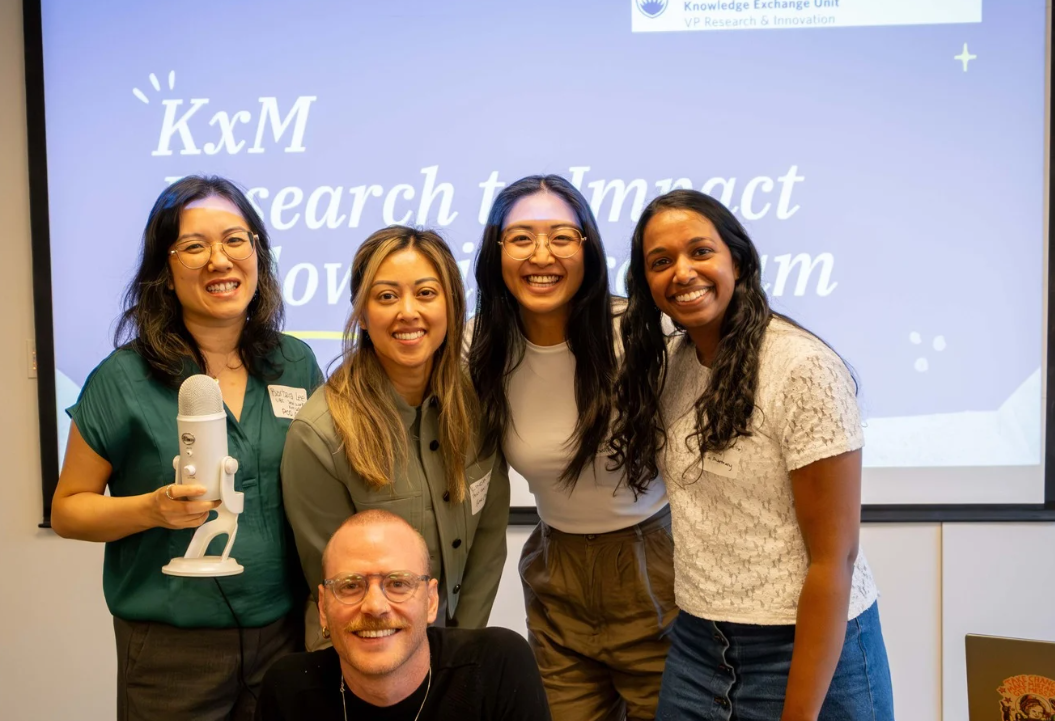Submission to The Social Lens: A Social Work Action Blog by Chinwe U. Nnama-Okechukwu and Uzoma Okoye, Department of Social Work, University of Nigeria, Nsukka.
Children are categorized as vulnerable in Nigeria if they are abandoned, labourers, in child-headed homes, internally displaced, trafficked, living with HIV, living with aged grandparents, have dropped out of school, or are living with terminally or chronically ill parent(s) or caregiver(s). The list also includes those children who are abused, have a disability-related vulnerability, have parents with a disability, are in abusive alternative care arrangements, are affected by armed conflict, are in need of legal protection, or those who have lost one or both parents due to HIV/AIDS. Current insecurity challenges in different parts of the geopolitical regions in Nigeria have widened the list to accommodate children in internally displaced persons’ camps and children in formal child care institutions.
Studies have shown that poor families in most communities in Nigeria lack social services and still struggle to provide basic needs for their children (Nnama-Okechukwu et al., 2019; Nnama-Okechukwu & Okoye, 2019). This increases child vulnerability, especially when there are no income-generating activities or steady means to provide for basic needs. Given the increasing number of children categorized as vulnerable and those in need of care and protection, there is a need to prioritize resources and develop social intervention programmes to address causative factors.
Various international and local non-governmental organizations are involved in service provision across different programme areas for orphans and vulnerable children in Nigeria. These organizations continue to invest a huge amount of money and resources to implement programmes to develop social protection within communities with the aim of empowering families to adequately care for their children (Nnama-Okechukwu & Erhumwunse, 2021). However, most interventions are not well-coordinated, and impact and learning do not land in the public domain as a result.
The fact is, unfortunately, that the duty of most social welfare agencies in Nigeria has to a large extent been taken over by NGOs and new government departments (Okoye, 2013). This is because professional social workers are often not recruited to superintend sensitive positions in social welfare agencies. When they are recruited, an enabling environment is not always provided for their practice to be visible. Often, programmes and projects are implemented without the contribution of relevant stakeholders. This results in unsuccessful implementation of programmes and projects. A by-product of this lack of involvement is that a large number of unprofessional social workers in many social welfare agencies engage in a variety of unethical practices (Okoye, 2013). Worrisome also is the vast number of professional social workers in Nigeria who are docile about their role in the national discourse on child and family welfare services.
Social workers and social welfare officers are key players in addressing issues around child vulnerability given their community development practice approach. The role and need for government ministries and agencies such as social welfare agencies to assume their role as duty-bearer in child and family welfare programme intervention is very crucial in programme design, implementation and evaluation. This can help those in need develop the capacity to drive the change that they want to see. This will encourage support services through empowerment for vulnerable families. Social workers possess a variety of developmental social work skills such as networking, resource mobilization, capacity building, research, problem solving, monitoring and evaluation. These skills are necessary in promoting discourse at the national level on the vital roles that social workers can play in contributing to the sustainable development agenda on child vulnerability in Nigeria.
For further reading see:
Erhumwunse E.A., Nwanze Anthony, Nnama-Okechukwu C.U., Okoye U.O. (2021). Family strengthening programme: A suitable social protection intervention for vulnerable children and families in Nigeria. Social Work in Developing Societies 3 (2), 1-15
Nnama-Okechukwu, C.U., & Eghosa. A. Erhumwunse (2021). Factors responsible for child vulnerability in Nigeria: Suggestion for programme development. Social Work in Developing Societies. 3(1), 1-17
Nnama-Okechukwu, C.U. & Okoye, U.O. (2019). Rethinking institutional care using family-based alternative child care system for orphans and vulnerable children in Nigeria. Journal of Social Work in Developing Societies, 1(3), 35-57
Nnama-Okechukwu C.U. et al., (2019). An impact study of Village Savings and Loan Association (VSLA) in Nigeria. African Population Journal, 33 (2), 4901-4912
Okoye, U.O. (2011). Knowledge and awareness of the child’s right act among residents of a University town in Enugu state, Nigeria. Educational Research, 2 (10), 1595-1601.
Okoye, U.O. (2013). Trend and Challenges in Social Work Practice in Nigeria, in Cree V.E. (eds). Becoming a Social Worker: Global Narrative London, UK; Routledge. Taylor and Francis Group, pp 149-157.
THE SOCIAL LENS: A SOCIAL WORK ACTION BLOG - The views and opinions expressed in this blog are solely those of the original author(s) and do not express the views of the UBC School of Social Work and/or the other contributors to the blog. The blog aims to uphold the School's values and mission.


